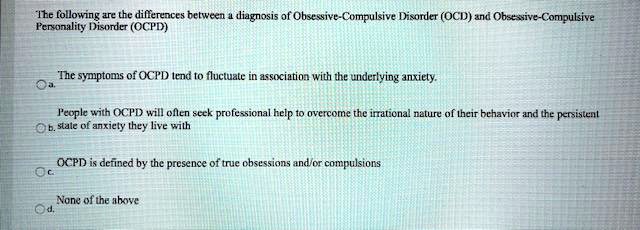Which Of The Following Statements Is True About Obsessive-compulsive Disorder

Imagine a meticulously organized desk, each pen in its exact place, the papers aligned perfectly, a symphony of order. But behind this façade of neatness lies a hidden struggle, a relentless battle against intrusive thoughts and compulsive behaviors. This is the world of someone living with Obsessive-Compulsive Disorder (OCD), a world far more complex than simple neatness.
The true nature of OCD is often misunderstood, reduced to a caricature of hand-washing or obsessive cleaning. The reality, however, is that OCD is a serious mental health condition that can significantly impact a person's life. To understand OCD better, we need to dispel common myths and address the core question: What is the real definition of OCD and what are the truths about this disorder?
Unraveling the Complexities of OCD
OCD is characterized by persistent, intrusive, and unwanted thoughts, images, or urges (obsessions) that cause significant anxiety or distress. These obsessions drive individuals to perform repetitive behaviors or mental acts (compulsions) in an attempt to neutralize the distress or prevent a feared outcome.
These compulsions provide only temporary relief, and the cycle of obsessions and compulsions continues, often escalating over time. The content of obsessions and compulsions can vary greatly, but some common themes include fear of contamination, need for symmetry or order, aggressive or violent thoughts, and religious obsessions.
The Roots of OCD: A Multifaceted Perspective
While the exact cause of OCD remains unknown, research suggests a complex interplay of genetic, neurobiological, and environmental factors. Studies involving twins have shown a significant genetic component to OCD.
Brain imaging studies have identified differences in brain activity in people with OCD, particularly in areas involved in the regulation of emotions and behavior, such as the orbitofrontal cortex, anterior cingulate cortex, and basal ganglia.
Environmental factors, such as stressful life events or traumatic experiences, can also trigger or exacerbate OCD symptoms in individuals who are already vulnerable.
Common Misconceptions About OCD
One of the most pervasive myths about OCD is that it is simply a personality quirk or a matter of being overly neat or organized. While some individuals with OCD may have compulsions related to orderliness, this is just one possible manifestation of the disorder.
OCD is a debilitating mental health condition that can cause significant distress and impairment. It's not simply about being particular; it's about being trapped in a cycle of anxiety and compulsive behaviors.
Another misconception is that people with OCD enjoy their compulsions or find them satisfying. In reality, compulsions are driven by anxiety and a desperate attempt to alleviate distress. They are often time-consuming, exhausting, and interfere with daily life.
The Impact of OCD: Beyond the Individual
OCD can have a profound impact on various aspects of a person's life. It can interfere with work, school, relationships, and social activities.
The time spent engaging in compulsions can significantly reduce productivity and limit opportunities for personal growth. Relationships may suffer as family members and partners struggle to understand and cope with the individual's symptoms.
Social isolation is also common, as individuals with OCD may avoid situations that trigger their obsessions or compulsions.
Effective Treatments for OCD
Fortunately, OCD is a treatable condition. Effective treatments include psychotherapy, medication, or a combination of both. Cognitive Behavioral Therapy (CBT), particularly Exposure and Response Prevention (ERP), is considered the gold standard for treating OCD.
ERP involves gradually exposing individuals to their feared obsessions while preventing them from engaging in their compulsions. This process helps them learn to tolerate the anxiety associated with their obsessions without resorting to compulsive behaviors.
Medications, such as selective serotonin reuptake inhibitors (SSRIs), can also be effective in reducing OCD symptoms by regulating serotonin levels in the brain.
Seeking Help and Finding Hope
If you or someone you know is struggling with OCD, it is essential to seek professional help. A mental health professional can provide an accurate diagnosis and develop a personalized treatment plan.
Early intervention is crucial, as OCD symptoms can worsen over time if left untreated. With the right treatment and support, individuals with OCD can learn to manage their symptoms and live fulfilling lives.
Remember, you are not alone, and there is hope for recovery. Resources like the International OCD Foundation (IOCDF) offer valuable information, support groups, and treatment directories.
The Importance of Awareness and Understanding
Raising awareness about OCD is crucial to reducing stigma and promoting understanding. By dispelling myths and misconceptions, we can create a more supportive and accepting environment for individuals with OCD.
Education is key to empowering people to seek help and access effective treatment. It is also important to remember that OCD is a chronic condition, and ongoing support may be needed to manage symptoms and prevent relapse.
By fostering empathy and understanding, we can create a more inclusive and compassionate society for individuals with OCD and other mental health conditions.
In conclusion, OCD is far more than just a quirk or a preference for order. It is a debilitating mental health condition characterized by intrusive thoughts and compulsive behaviors that can significantly impact a person's life. While the causes of OCD are complex, effective treatments are available, and individuals with OCD can find hope and recovery with the right support. Let's strive to understand, support, and empower those living with OCD.
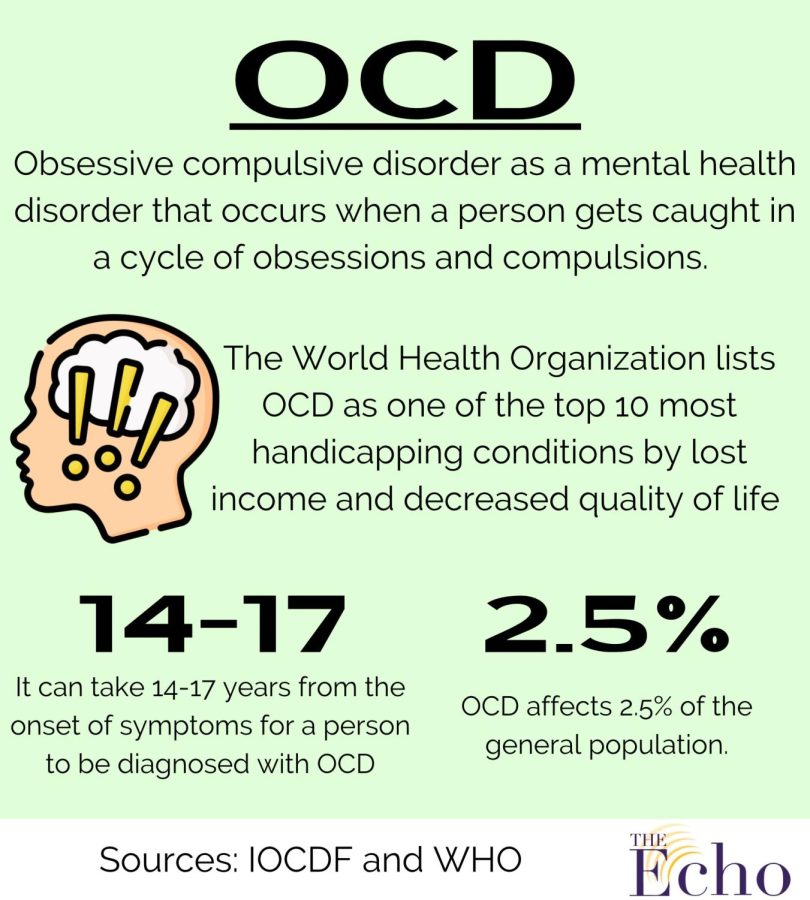

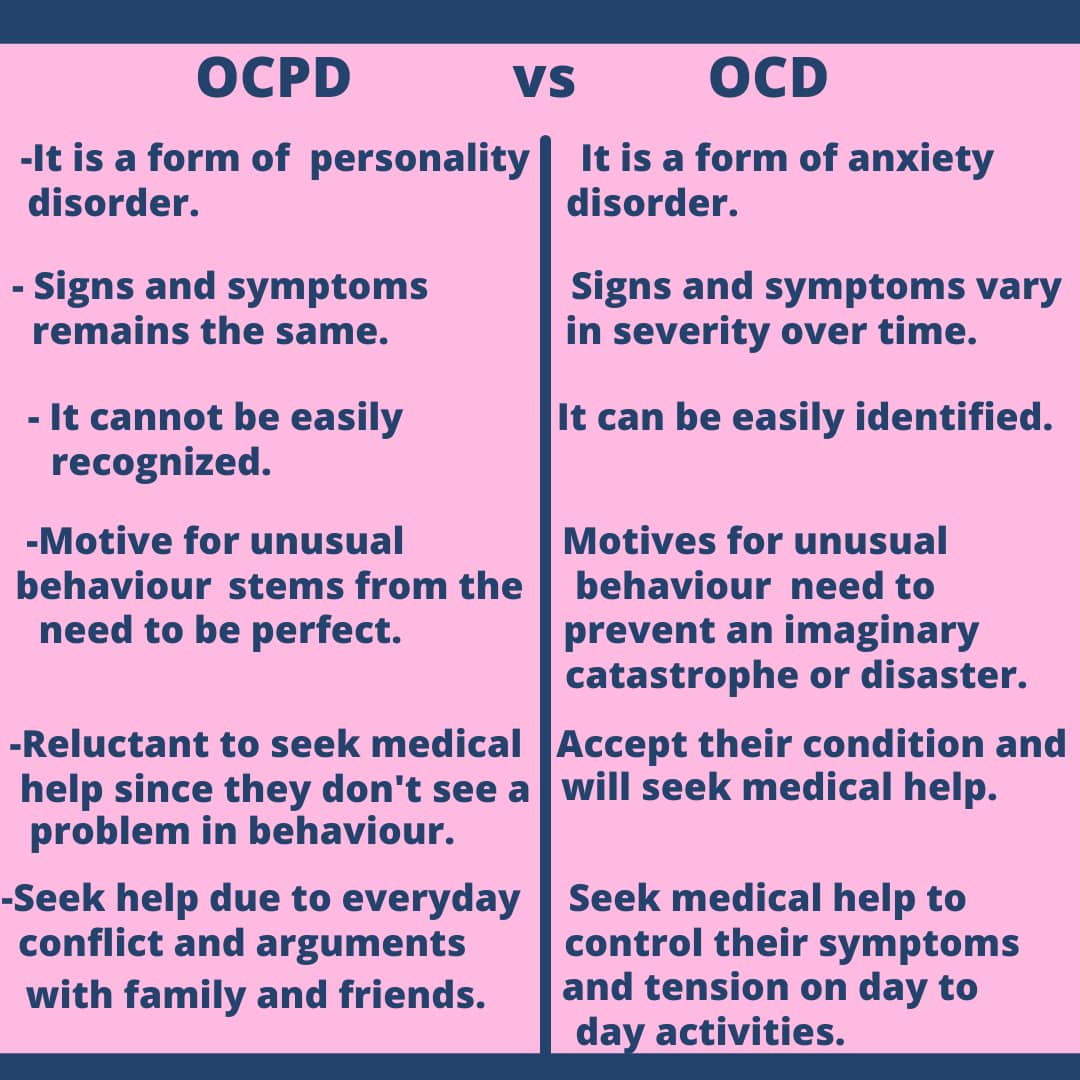

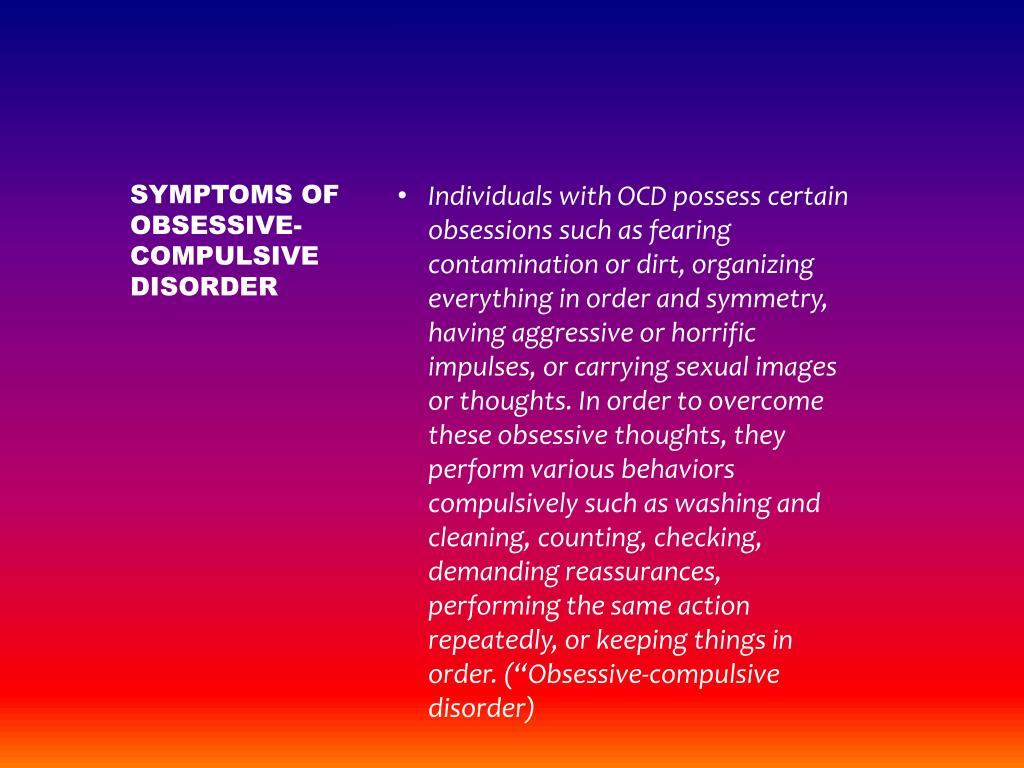
![Which Of The Following Statements Is True About Obsessive-compulsive Disorder [GET ANSWER] Which of the following is considered a trauma and stressor](https://cdn.numerade.com/ask_images/723692d7bb1047359a9af2c1b67a9cc5.jpg)

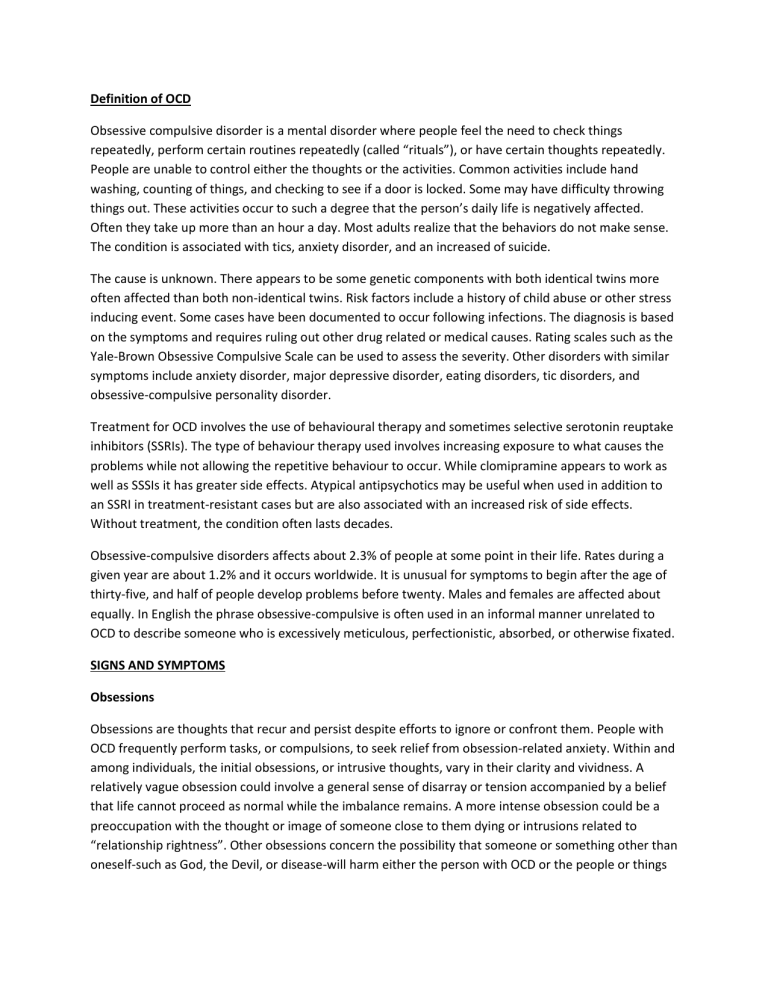
:max_bytes(150000):strip_icc()/VWH-JulieBang-SignsofObsessiveCompulsivePersonalityDisorder-Standard-8d9154ee85924b99ad12b08417457180.jpg)



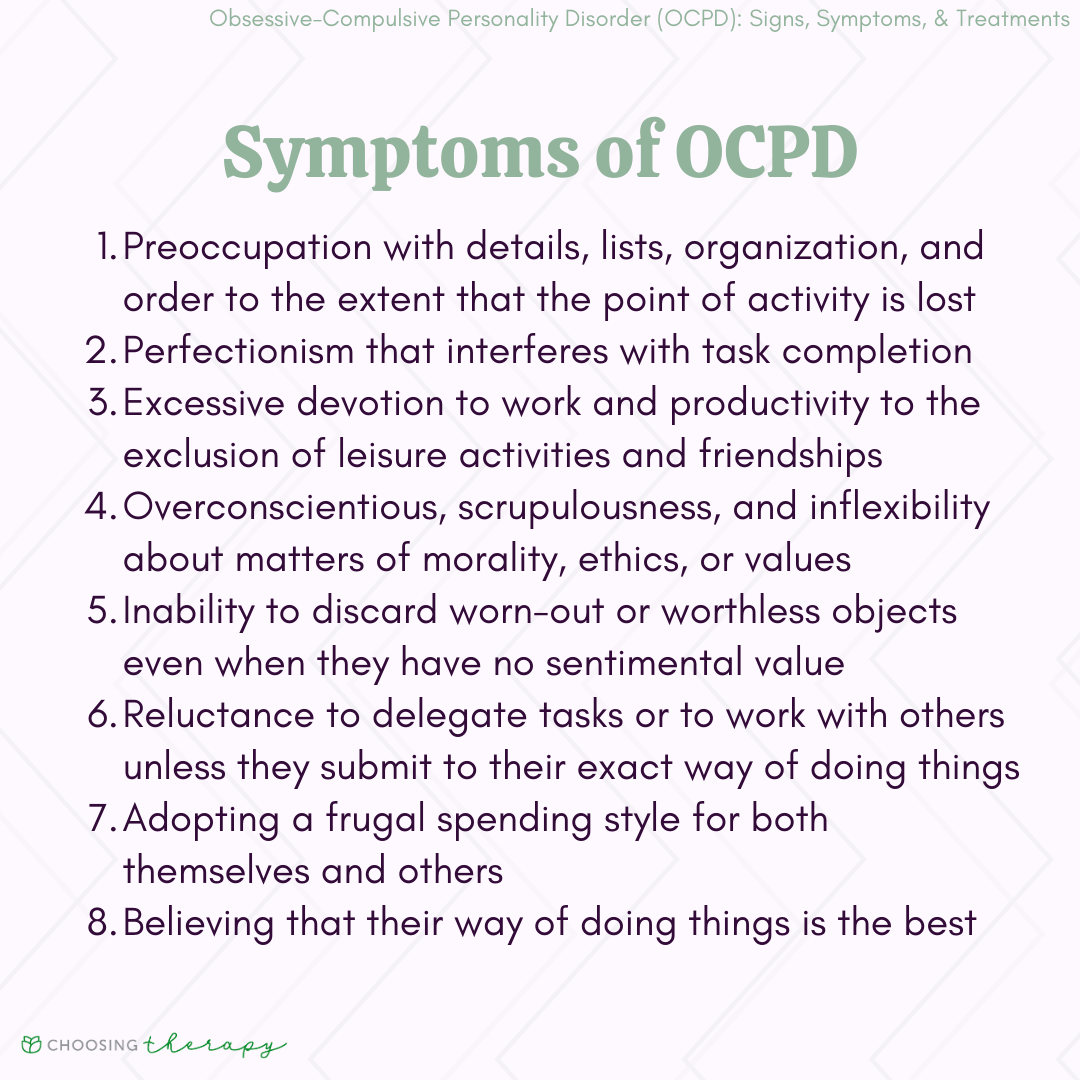


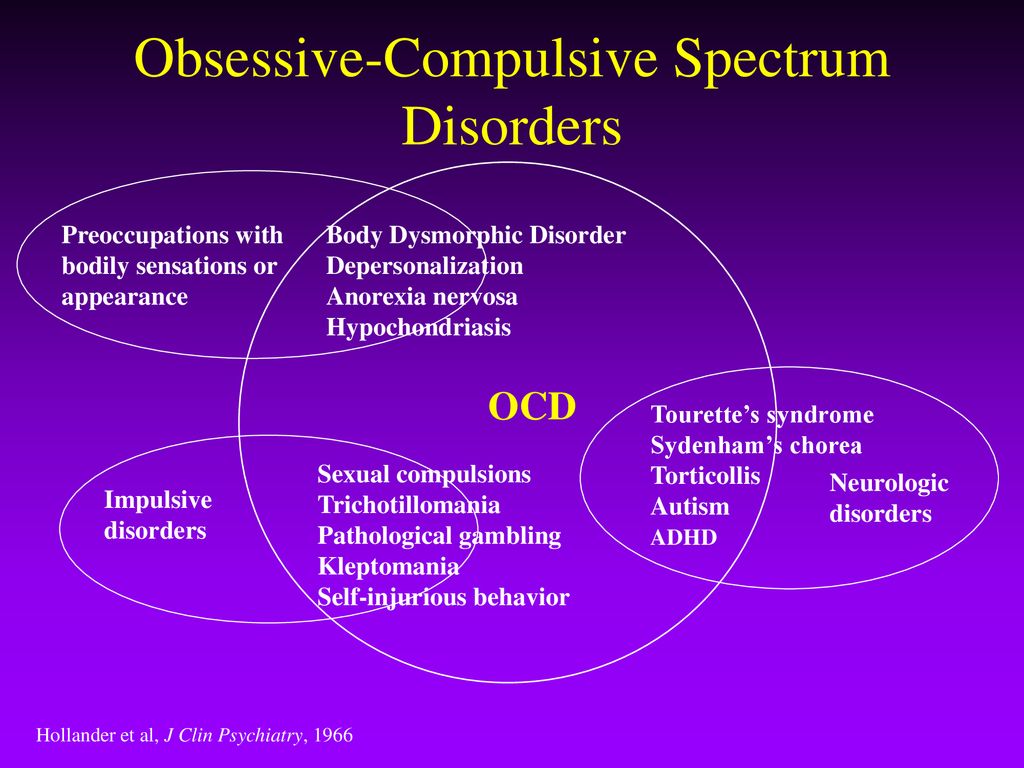
.png?format=1500w)
